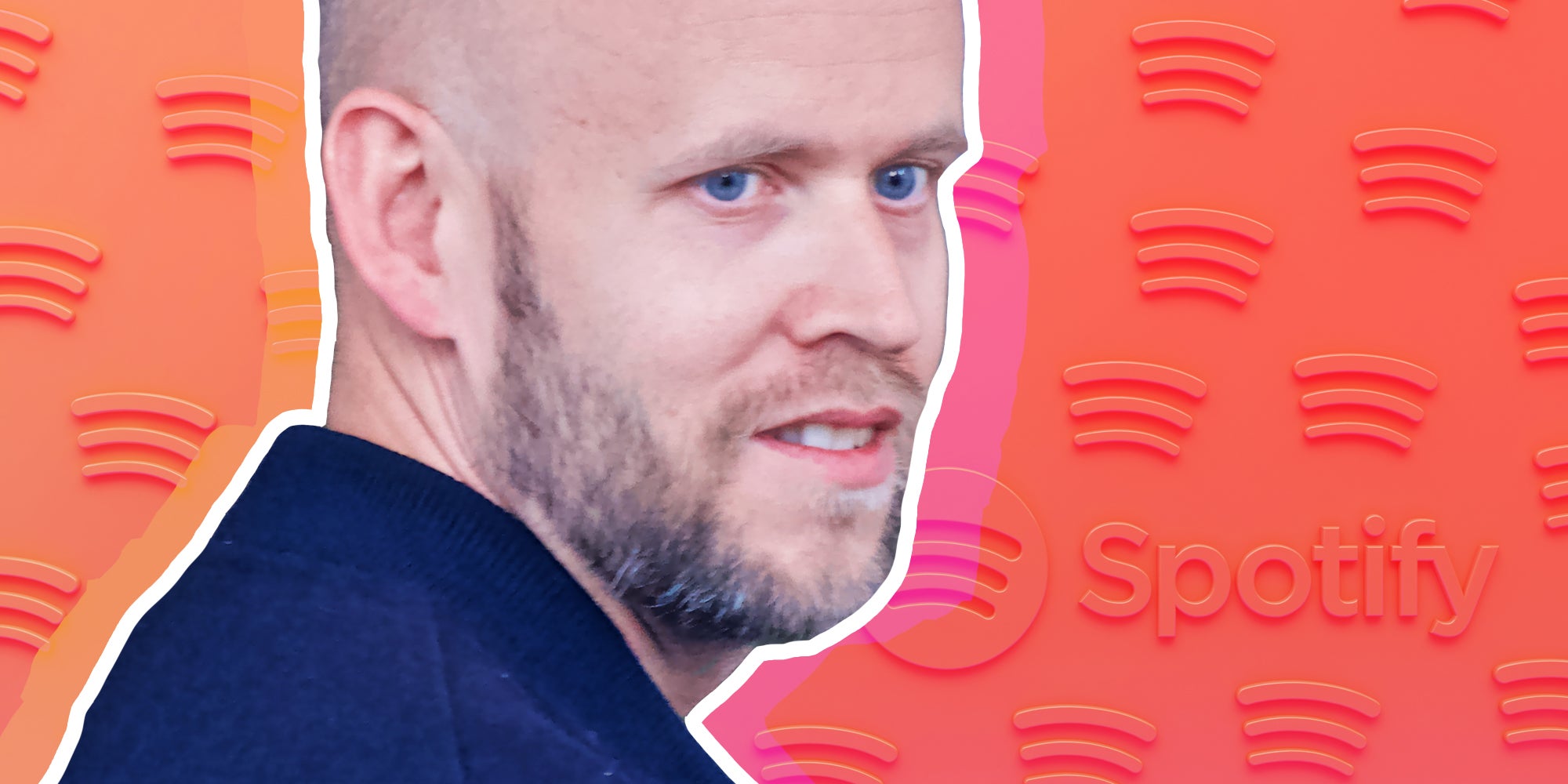
Daniel Ek, the CEO of Spotify, has returned to the internet with his tail between his legs.
Ek sparked outrage on May 29 after saying the cost of content creation is “close to zero.” This is a statement which, to some creators, couldn’t be further from the truth.
In a statement on X, Ek wrote: “Today, with the cost of creating content being close to zero, people can share an incredible amount of content. This has sparked my curiosity about the concept of long shelf life versus short shelf life.”
“While much of what we see and hear quickly becomes obsolete, there are timeless ideas or even pieces of music that can remain relevant for decades or even centuries.”
This didn’t go down very well with some creators on X. One described the statement as “offensive” and “out of touch.”
Another added: “The cost of creating ‘content’ is all my waking hours, strain on every relationship in my life and literally all the money I ever make, which all gets rolled back into me attempting to create ever better ‘content.’”
A third said: “Using the word ‘content’ to describe art and work is just such bleak shit that we all accept now.”
Daniel Ek apologizes
In a subsequent X post on June 2, Ek apologized for his “clumsy” comment. He admitted that it might have come across as a little “reductive.”
“It’s clear I was far too vague in the post, including with my clumsy definition of content,” he wrote. “I understand how it came across as very reductive and that wasn’t my intent. Just to clarify — my original point was not to devalue the time, effort, or resources involved in creating meaningful works, whether it’s music, literature, or other forms of creative expression.”
Ek’s comments here are not too atrocious on the surface. But given Spotify’s history with creators, it seems its reputation may be somewhat soured.
Ironically, Spotify said in 2022 that it had a “vision to become the world’s creator platform.” It has even taken to short-form video content in order to achieve this goal. But given that the company has been called out before by smaller artists for how little it pays them, Spotify has a long way to go if it wants creators to trust it.




